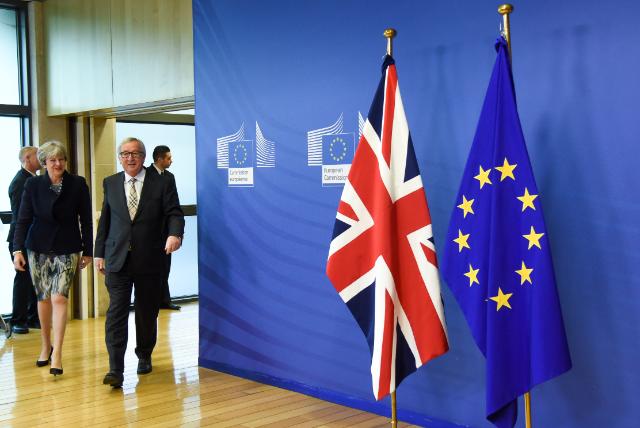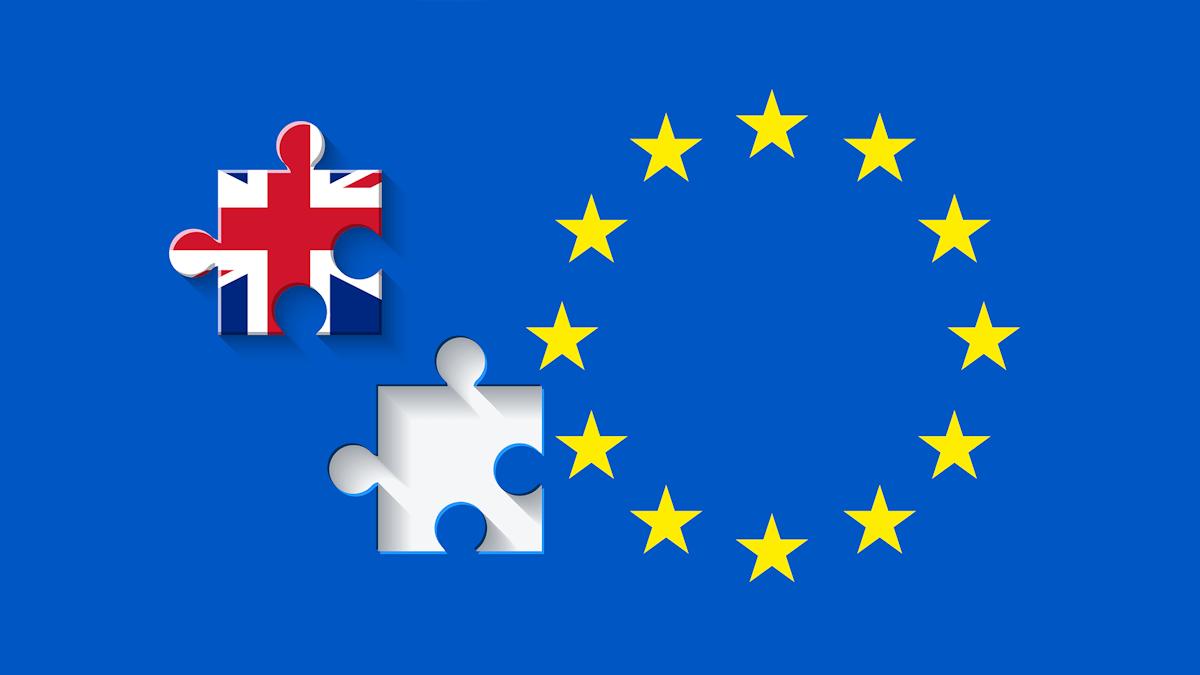Brexit deal edges closer, but worries persist for pharma

The UK and the EU27 are said to be close to finalising the ‘divorce settlement’ aspects of Brexit, including the future of the Republic of Ireland/Northern Ireland border.
EU Council president Donald Tusk said he was “encouraged by progress” with a deal on Ireland, the multi-billion euro severance payment from the UK, and citizens’ rights, the three big issues which have preoccupied negotiators so far.
British Prime Minister Theresa May needs to secure a deal ahead of a summit of EU leaders in 10 days times in order to make sufficient progress so that talks can move on to a trade deal.
While details are yet to emerge, if arrangements for the border in Ireland are satisfactory to all sides – and that remains a big if – then this will signal that the biggest initial obstacles have been cleared.
This will be welcome news to many business sectors operating across Europe, as a ‘no deal’ Brexit would hit trade in the UK and the EU27.
The European pharma sector is very worried about the fast-diminishing time to agree a deal on future regulation and trade, without which medicines supply across Europe could face massive disruption.
Last week European pharma’s EFPIA and other industry stakeholders urged politicians on both sides to begin talks on medicines, saying the sector needed to be treated as a special case.
Many pharma companies are said to be close to implementing a ‘no deal’ supply chain protocol, as the remaining 15 months to Brexit in March 2019 is too short a time to unpick the UK from the European medicines supply chain.
A total of 45 million packs of medicines are exported to the EU27 from the UK every month, with 37 million imported from the rest of the EU over the same period. Many medicine cross this border several times in their production, and a ‘no deal’ scenario could see many companies eventually disinvesting in the UK.
Meanwhile, the UK government is set to unveil its ‘sector deal’ for UK life sciences later this week, a move it hopes will soften the blow of Brexit for the industry.
However, the biggest question for Brexit and pharma still awaits: the industry in the UK and the rest of Europe wants to see continuing regulatory alignment between the UK and the EMA after Brexit.
UK pharma hopes this would allow it to piggyback on the EMA process – it fears the alternative would mean the UK becomes a second tier market, where products would be launched later.
While the pharma industy’s preference is a pragmatic solution, EU27 leaders are likely to react strongly against it, as the UK remains determined to leave the single market and the customs union.
A new inquiry by the House of Commons Business Energy and Industrial Strategy (BEIS) committee has been announced today, and will examine the potential impact of Brexit on the life sciences sector.
UK industry association the ABPI told the BBC the inquiry was important, stressing that the “whole system” of medicines regulation and trade was at stake.













